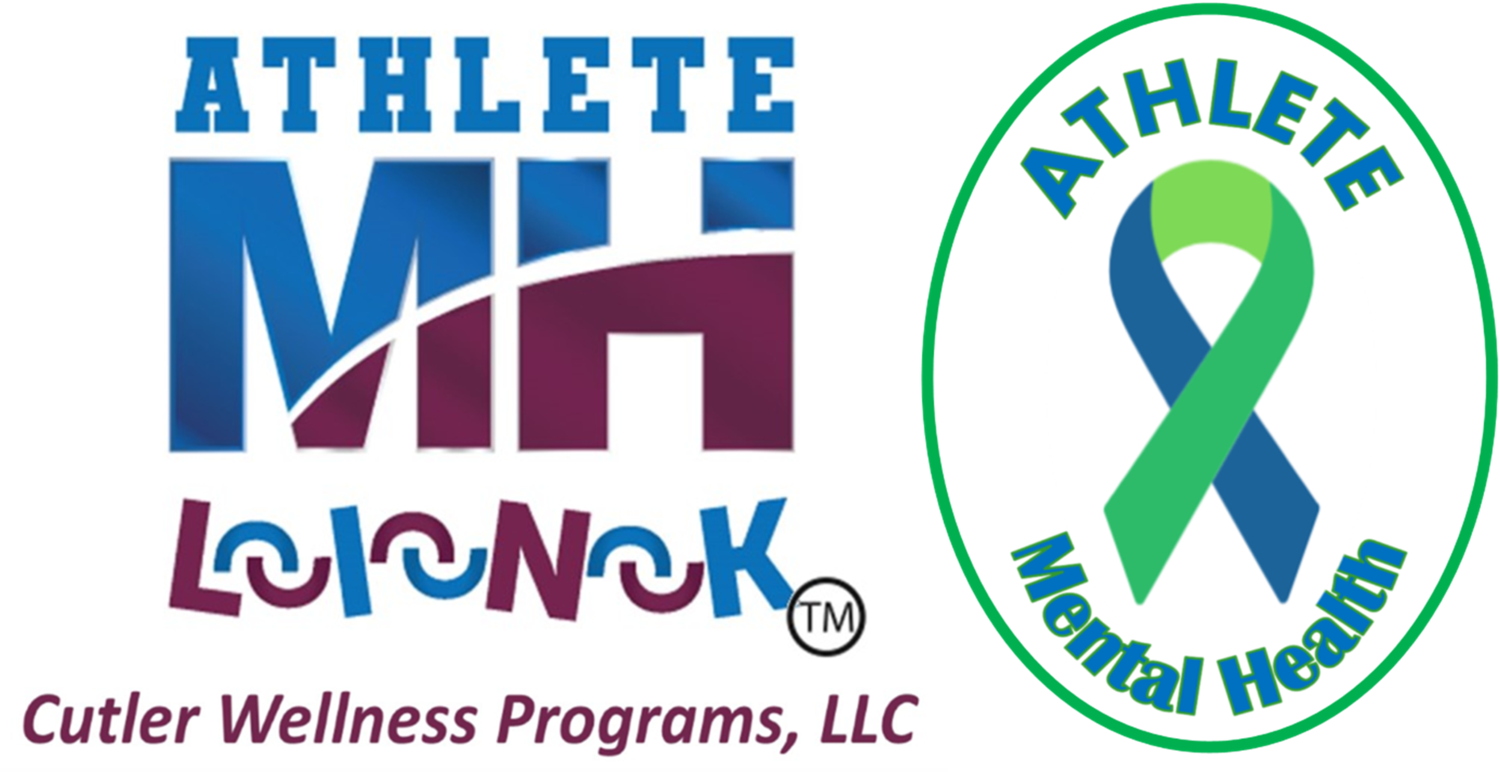
Mental Health Terminology
What's Sport Psychology? Is it performance based?
What does a Kinesiologist do?
Sport Psychology Generally
Sport Psychology is an interdisciplinary science that draws on knowledge from many related fields including biomechanics, physiology, kinesiology and psychology. It involves the study of how psychological factors affect performance and how participation in sport and exercise affect psychological and physical factors. In addition to instruction and training of psychological skills for performance improvement, applied sport psychology may include work with athletes, coaches, and parents regarding injury, rehabilitation, communication, team building, and career transitions. https://en.wikipedia.org/wiki/Sport_psychology
Explanation - here in lies the confusion.
The world of athletics has created a system of support that can be administered from many different disciplines. Due to that, several terms are used in a way that can mean similar yet vastly different things. Below are definitions of some athletic jargon that will hopefully clarify each term and position's responsibility.
The easiest way to delineate the sport related specialist is what was their primary degree goal? Were their studies in a general field of study with a focus on Sport (i.e. Clinical Psychologist certified in Sport, LCSW certified in Sport) OR was their primary degree goal in Sport (i.e. Sport Psychologist, Athletic Trainer, Clinical Exercise Physiologist)
What is a Sport Psychologist (PhD./Psy.D.)?
These are clinicians, specifically, that have advanced degrees in Psychology. They have had extensive training in behavioral sciences as they relate to application to clinical intervention for acute mental distress to include long term care of clients with mental illness. As it relates to sport, a Clinical/Counseling Psychologist is trained to diagnosis and give psychological management tools or give clinical treatment to athletes whose issues arise from a sport related issue or crisis. This group also has the training to administer a battery of psychological tests for a complete picture of a client/athlete.
The following is written by the American Psychological Association; Sport psychology is a proficiency that uses psychological knowledge and skills to address optimal performance and well-being of athletes, developmental and social aspects of sports participation, and systemic issues associated with sports settings and organizations. APA recognizes sport psychology as a proficiency acquired after a doctoral degree in one of the primary areas of psychology and licensure as a psychologist. This proficiency should not be confused with those who have earned a doctoral degree in sport psychology, but are not licensed psychologists. Sport and Performance Psychologist verses Clinical Psychologist certified in Sport Psychology.
Common Occupational Titles
Clinical Psychologist, Clinical Sport Psychologist, Counseling Psychologist
Therapeutic/Counseling Staff/Social Worker
There are other personnel that are trained in mental health crisis and clinical therapy. Licensed Clinical Social Workers and Licensed Mental Health Counselors are trained in crisis management as well as therapeutic techniques to help support clients (in this case, athletes) to support positive life management or deal with issues contributing to unhealthy lifestyles.
Common Occupational Titles
LCSW, LMHC, LCPC, LCMHC, or CMHC (Clinical, Certified, Professional, Licensed)
Sport Performance Consultants
World of Sports Science
COPYRIGHT 2007 Thomson Gale
Sport performance is the manner in which sport participation is measured. Sport performance is a complex mixture of biomechanical function, emotional factors, and training techniques. Performance in an athletic context has a popular connotation of representing the pursuit of excellence, where an athlete measures his or her performance as a progression toward excellence or achievement. There is an understanding in sport that athletes interested in performance tend to the competitive or elite level; athletes interested in simple participation, for broader purposes such as fitness or weight control, are most often recreational athletes who do not set specific performance goals.
Read more of the article at - http://www.encyclopedia.com/sports/sports-fitness-recreation-and-leisure-magazines/sport-performance
Common Occupational Titles
(Certified) Athletic Trainer, Sport Psychologist, Kinesiologist, Clinical Exercise Physiologist, Sports Physiologist
Applied Sport and Exercise Psychology
Applied sport and exercise psychology consists of instructing athletes, coaches, teams, exercisers, parents, fitness professionals, groups, and other performers on the psychological aspects of their sport or activity. The goal of applied practice is to optimize performance and enjoyment through the use of psychological skills and the use of psychometrics and psychological assessment.
This is the overall "Education" of psychological aspects of performing in Sport. As you can see many people may have expertise in differing aspects of this muddy arena.
Simply put, ASK QUESTIONS....
..about your specialist's background. You need to know what are they certified to do and NOT do. Therapy should be left to clinicians that have been trained properly, Licensed Clinical Psychologist or Social Workers. If you or your athlete needs performance instruction or mental skills training specific to performing their sport look to certified Sport Psychology Consultants.
“The members of the student-athlete advisory committee stressed that finding a way to address the array of mental health problems that permeated training rooms, dorms and playing fields was their biggest worry. Help us solve this silent, yet significant, problem, they asked.”
